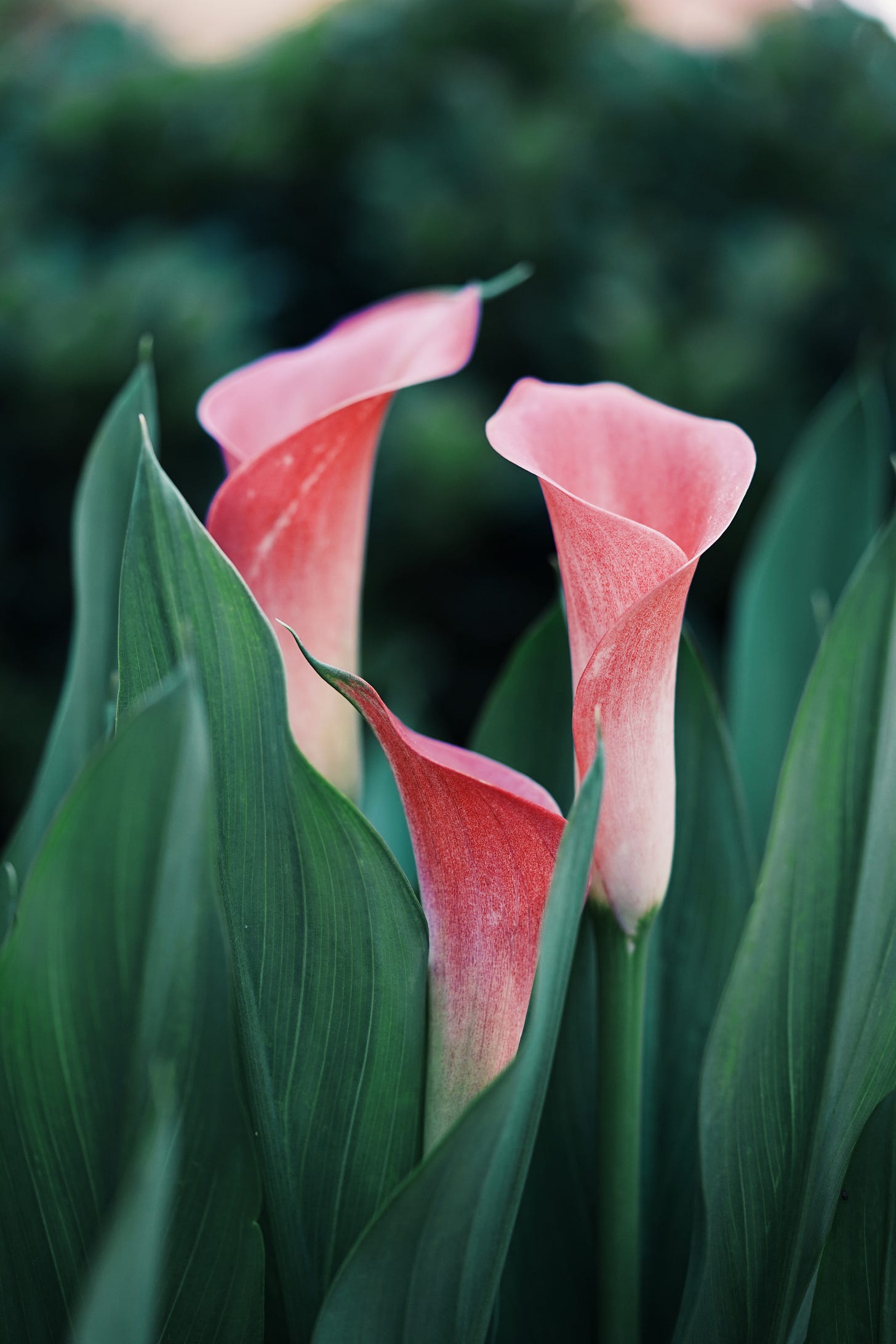EHN Community Letter May 2023
A podcast update, our new Tools for Change series, & pieces published this month
Welcome to EHN’s monthly community letter. If you’re reading this but aren’t subscribed, click the button below to get community updates delivered to you every month.
This month on EHN
Esme Garlake, “Towards an Ecocritical Art History”
María del Pilar Peralta Ardila, “Life Stories of Women Leaders in Defense and Care of the Environment in Southwestern Colombia, 1990-2022”
Heather Rogers, “Storied Botanial Collections: The Life & Curatorship of Dr. Dorothy Swales”
Tanya Matthan, “A Well of One’s Own: Caste, Water, and Freedom”
Podcast Update
Our volunteer-run podcast companion to EHN, Ecotones Now, will be back for Season 2 this September!
Until then, you can listen to all Season 1 episodes on Spotify, SoundCloud, and Apple Podcasts.
Help Needed
We are looking for someone to fill the position as community coordinator. One of the responsibilties would be to help launch the mentorship program we’ve been working on. We're hoping to be able to make the EHN community even stronger by setting up such a program for contributors to connect with each other and support each other's work. If interested in helping out in this capacity or if you have any questions, please contact us at contact@envhistnow.com.
My Environment Now: Anna Guasco
We asked Anna Guasco, a content editor for EHN and an PhD candidate and Gates Cambridge Scholar in the Department of Geography at the University of Cambridge, about her environment this month.
Habitat
I'm enjoying my last few weeks in my cute historic house (named Strawberry Cottage) in Cambridge, England. It's finally fully spring here, with wisteria blooming and herons fishing on the river Cam.
Digging
I'm torn between two recommendations! For a necessary intervention in the omnipresent Anthropocene debate, I've been reflecting on Andrew Curley and Sara Smith's piece on the "cene scene," but I've also been loving all the anti-capitalist killer whale/orca memes going around!
Buds
I'm looking forward to being back home on the California coast soon, seeing family, and finishing writing up my dissertation!
Submit Your Pitch: A New Tools for Change Series on ‘Doing Environmental History’
Circuitous paths often bring people to environmental history. Here at EHN, our contributors and editorial team reflect the diversity of academic paths that can lead into this broad field. Environmental history work can emerge from social sciences like politics and anthropology, physical and natural sciences like biology and geology, interdisciplinary fields like environmental studies and area studies, and practice-based work in the arts and museums, among others. Environmental history’s multi- and interdisciplinarity is a strength but it also has challenges. Especially for those of us entering this field from different academic backgrounds, questions like “Is what I’m doing environmental history?” or “How do you/we/I do environmental history?” abound.
Amidst ongoing calls to broaden access to—and break down the barriers of—the “hidden curriculum” of academia, as well as efforts to embrace more experimental and non-traditional historical approaches (e.g., American Historical Review’s History Unclassified), EHN is launching a new series under the Tools for Change banner that will aim to gather resources, share knowledge, and provide practical advice for engaging in the work of environmental history. This new series, “Doing Environmental History,” asks contributors to consider the act of practicing environmental history through two guiding questions:
– How do you do environmental history?
– What is environmental history doing?
Instead of focusing on theoretical frameworks or abstract concepts, this series is rooted in the practical, everyday work of environmental history. Its focus is methodology—as in, how and why we do what we do. Options for exploring the “doing” of environmental history might include detailed practice advice and/or descriptions of work (like Katrin Kleemann’s piece on planning archival research), insights from teaching (like Bathsheba Demuth’s post on incorporating historical documents to diversify a survey course syllabus), rethinking social and environmental ethics of methods (like Diana M. Valencia’s piece on research travel’s climate costs and Rohini Patel’s insights on what “sustainable” academia might look like), and much more.
We also invite a new format of contributions for EHN: interviews with people doing environmental history in various ways (note: if you’re interested in contributing a post in interview format, please ontact EHN first, rather than the interviewee, to avoid potential interview fatigue!)
Relevant subjects may include:
– Archival and non-archival methods
– Digital humanities methods
– Decolonial and anticolonial methods
– Research ethics
– Participatory and community-engaged methods
– Activism and activist research
– Responding to critiques of “presentism”
– Praxis (ie, dynamic combination of research, practice, and reflection; see Sultana, 2023 for a good overview)
– Pedagogy (ie, frameworks/ideas around practices of teaching and learning)
– Research/project planning
– Public history and environmental history outside academia
This series is housed within our existing Tools for Change series, as “doing” environmental history is part and parcel with transforming environmental history. Indeed, as the second question this series asks—what is environmental history doing?—serves as a prompt to consider not just what environmental history is doing, but also what else it might/should do.
Pieces should be 750-1250 words in length, and can cover any topic within this theme, related to both research and personal experience, across any time or geographical space. Contributors will be considered who fit within the EHN’s larger goal of elevating the voices of graduate students and early career scholars who identify as women, trans and/or nonbinary people in environmental history.
Please write with ideas, proposals, or questions to anna@envhistnow.com. Pitches will be accepted on a rolling basis until June 14, 2023, under the standard Guidelines for Contributors.
As always, if you are interested in sharing a piece in any language on EHN, send an email to contact@envhistnow.com introducing yourself & pitching an idea.




